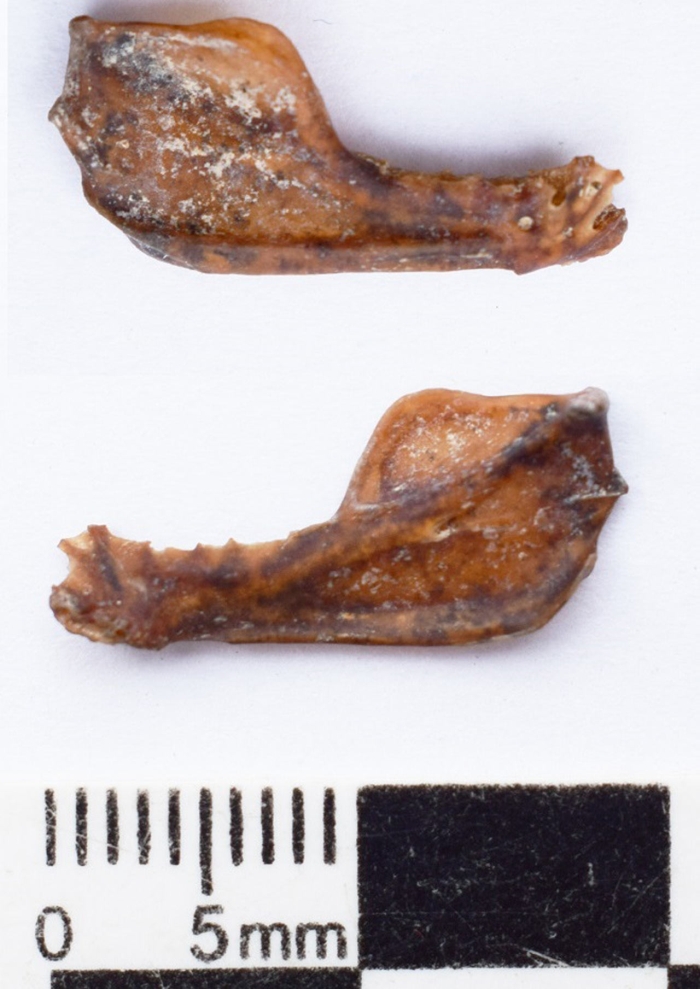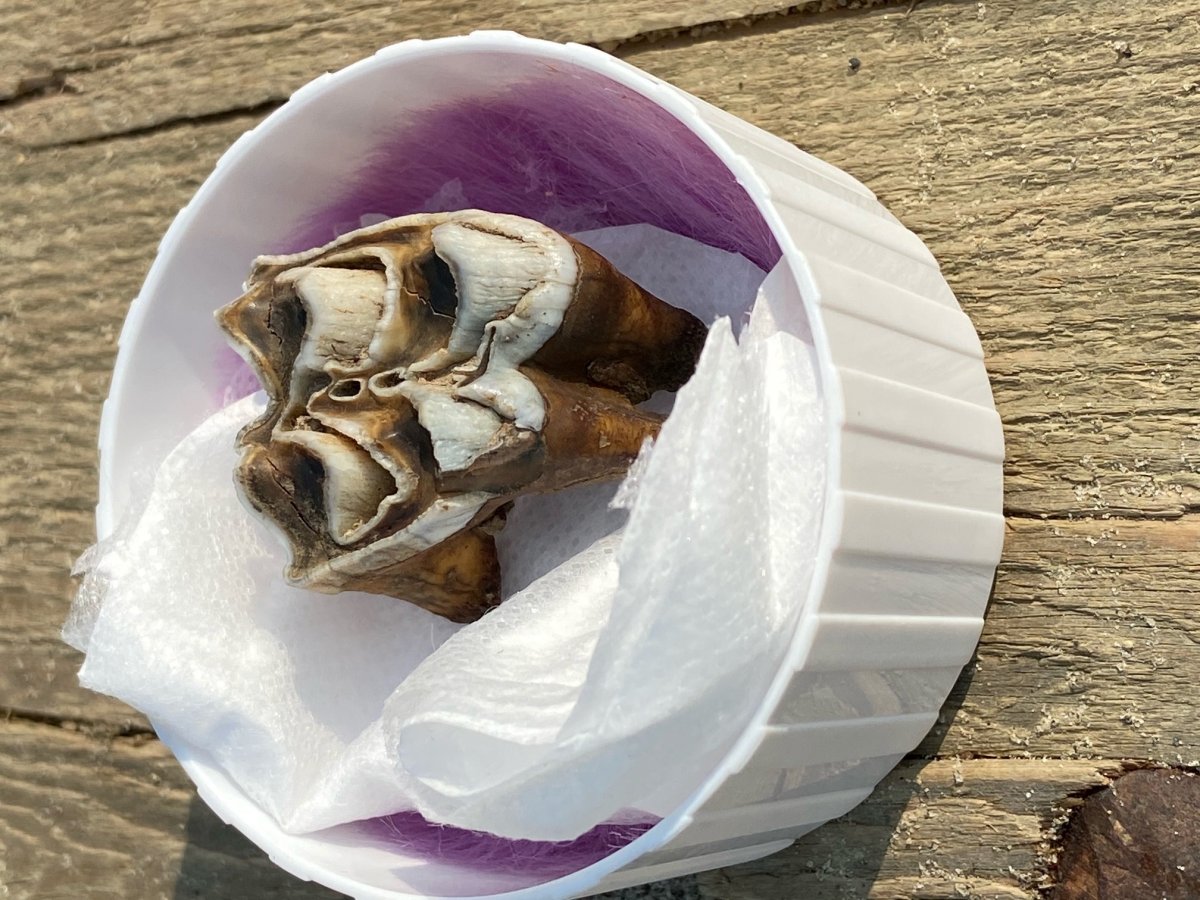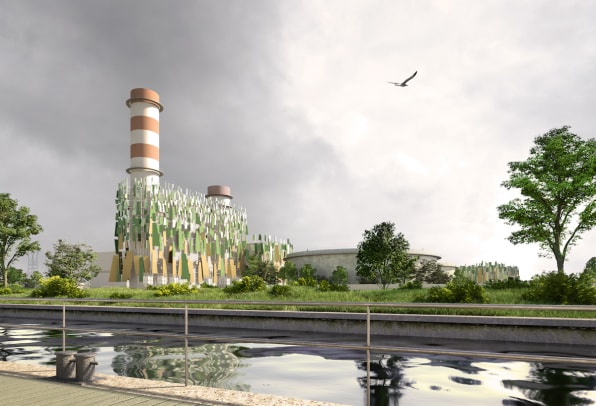Skeena BC Liberal MLA Ellis Ross is asking the provincial government to intervene into the strike between Rio Tinto and its 950 unionized workers at its Kitimat aluminum smelter, now in its second week.
Ross, who is also one of the BC Liberal leadership candidates, wants the province to “encourage” both parties – Unifor Local 2301 representing the workers and Rio Tinto – to get back to the table and continue negotiations.
“I don’t want to see Kitimat going into decline and I don’t want to see people suffering to make mortgage payments,” said Ross pointing toward the economic impact the strike has not just on Rio Tinto employees but for northwestern businesses and communities.
“The whole supply chain is affected by the strike,” said Ross about the ripple effects of the strike on the local businesses in Kitimat, Terrace and Prince Rupert.
Calling the strike a “significant one” since no resolutions have been reached yet, Ross also said that the sooner the dispute can be resolved it’s better for the communities in northwest B.C.
Ross, who hails from Kitamaat Village, reached back to a previous smelter strike in 1976, saying that labour disputes have significant impacts on families because of lost wages.
He also said that though the provincial government keeps away from local strikes – like it did when Vancouver Island forestry workers went on strike in 2019 – this is different as the province has a stake in what happens in Kitimat because of the interconnections between Rio Tinto’s hydro-electric generating capacity and BC Hydro.
The smelter’s operations has a direct impact on managing the water levels in the Nechako reservoir.
In an email statement, a Rio Tinto spokesperson said the company is focused on ensuring the BC Works (Kitimat) aluminium smelter continues to operate safely and on maintaining stable water management through their Kemano hydroelectric power station, with a reduced workforce.
The provincial government is aware of the dispute and said that it is monitoring its progress but has not indicated that it will intervene in the matter.
"Our government fully supports the collective bargaining process... We are hopeful the parties can resolve their collective bargaining dispute by getting back to the bargaining table as soon as possible," said the ministry," said B.C.'s Ministry of Labour in an email statement.
Rio Tinto employs approximately 1,050 people at the BC Works smelter and Kemano powerhouse, including around 900 employees represented by Unifor Local 2301. The company contributed C$780 million to the economy of British Columbia in 2020.
The July 25 strike commenced after negotiations failed between both parties to reach a collective agreement on the matters of employee benefits.
On July 26, Rio Tinto confirmed it began reducing production of aluminum at its Kitimat smelter to 25 per cent of its normal 432,000 tonne annual capacity and will be working with 265 non-union staff until the labour dispute between it and Unifor Local 2301, is resolved.
Out of the 400 pots, the company had announced earlier that they will only be running roughly around 140 pots (35 per cent capacity) until a new collective agreement is finalized. However, earlier this week Rio Tinto reduced production further down to 96 pots, said a spokesperson in an email statement.
No details have been provided as to what’s involved in contract talks save for the union which published information stating the company was proposing a series of benefits reductions.
Rio Tinto has denied that allegation but has not provided details on what it did propose.
Union members, provided they carry out picketing, are entitled to $300 per week through a national Unifor strike fund and an additional $100 a week through a Local 2301 fund.
-With files from Jacob Lubberts
Binny Paul, Local Journalism Initiative Reporter, Terrace Standard








 © Bettmann - Getty Images A still from the famous Patterson–Gimlin film, 1967.
© Bettmann - Getty Images A still from the famous Patterson–Gimlin film, 1967.


















